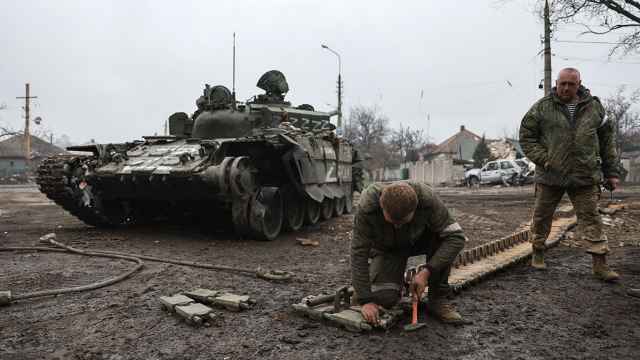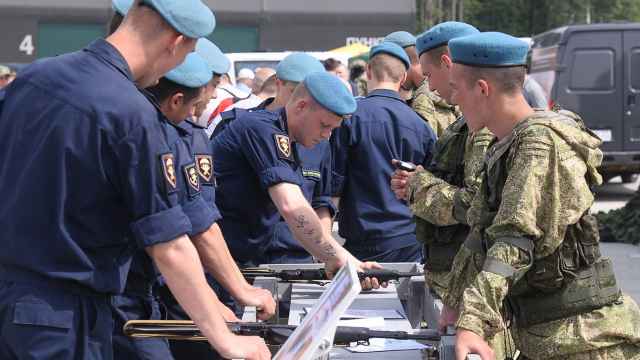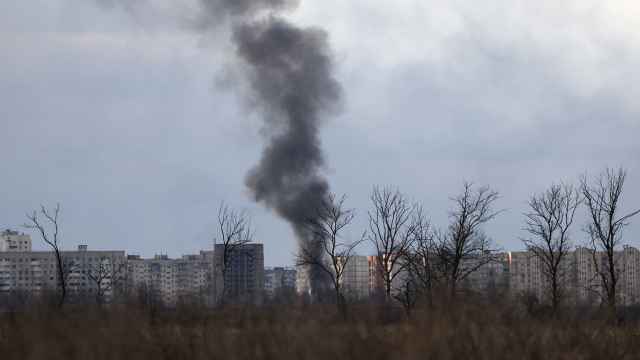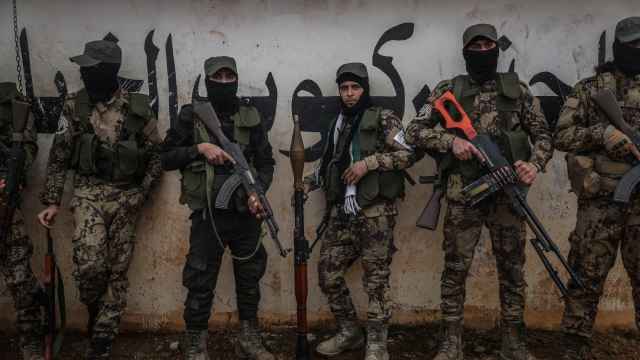The U.S. and Russian armed forces have set up a direct phone line to reduce the risks of "miscalculation" amid the war in Ukraine, the Pentagon said Friday.
The "deconfliction line" between U.S. European Command and the Russian Ministry of Defense was established earlier this week, Pentagon spokesman John Kirby said.
"I don't have any information about whether it's been used," Kirby told reporters. "It's only been in place for a couple of days."
The line is manned by "staff level officers" from U.S. European Command.
"We know it works," Kirby said. "When we tested it they did pick up the other end and acknowledged that they got the call."
The Pentagon spokesman noted that a "deconfliction line" had been used previously between the United States and Russia to prevent incidents in Syria.
"We want to be able to have a way of speaking directly at an operational level with the Russian Ministry of Defense," Kirby said.
"We think it's valuable to have a direct communication vehicle... to reduce the risks of miscalculation and to be able to communicate in real time if need be," he said.
He said it was particularly important because airspace over Ukraine is "contested by both Russian and Ukrainian aircraft" and the contested airspace "buttresses right up against NATO" countries.
A Message from The Moscow Times:
Dear readers,
We are facing unprecedented challenges. Russia's Prosecutor General's Office has designated The Moscow Times as an "undesirable" organization, criminalizing our work and putting our staff at risk of prosecution. This follows our earlier unjust labeling as a "foreign agent."
These actions are direct attempts to silence independent journalism in Russia. The authorities claim our work "discredits the decisions of the Russian leadership." We see things differently: we strive to provide accurate, unbiased reporting on Russia.
We, the journalists of The Moscow Times, refuse to be silenced. But to continue our work, we need your help.
Your support, no matter how small, makes a world of difference. If you can, please support us monthly starting from just $2. It's quick to set up, and every contribution makes a significant impact.
By supporting The Moscow Times, you're defending open, independent journalism in the face of repression. Thank you for standing with us.
Remind me later.






